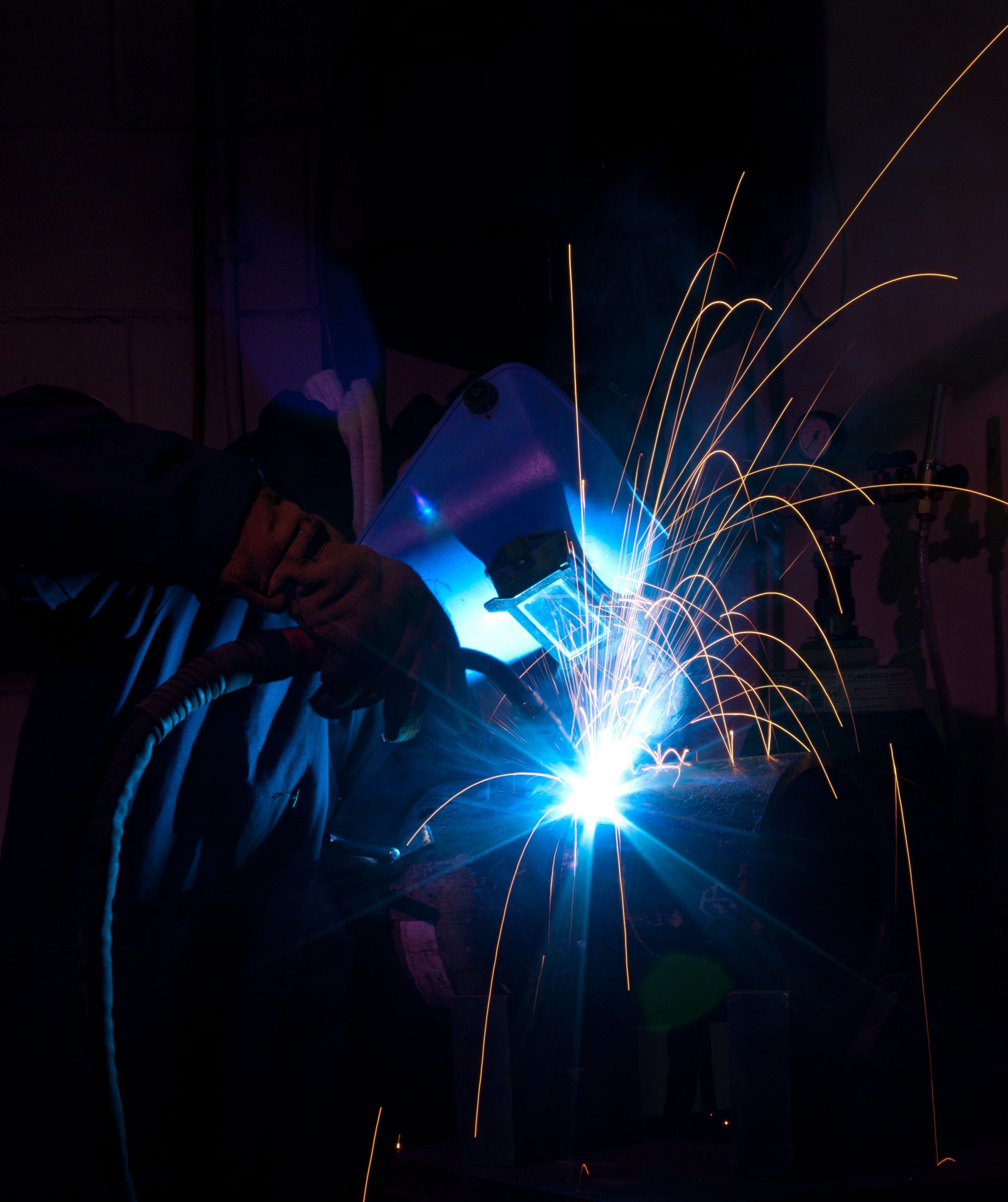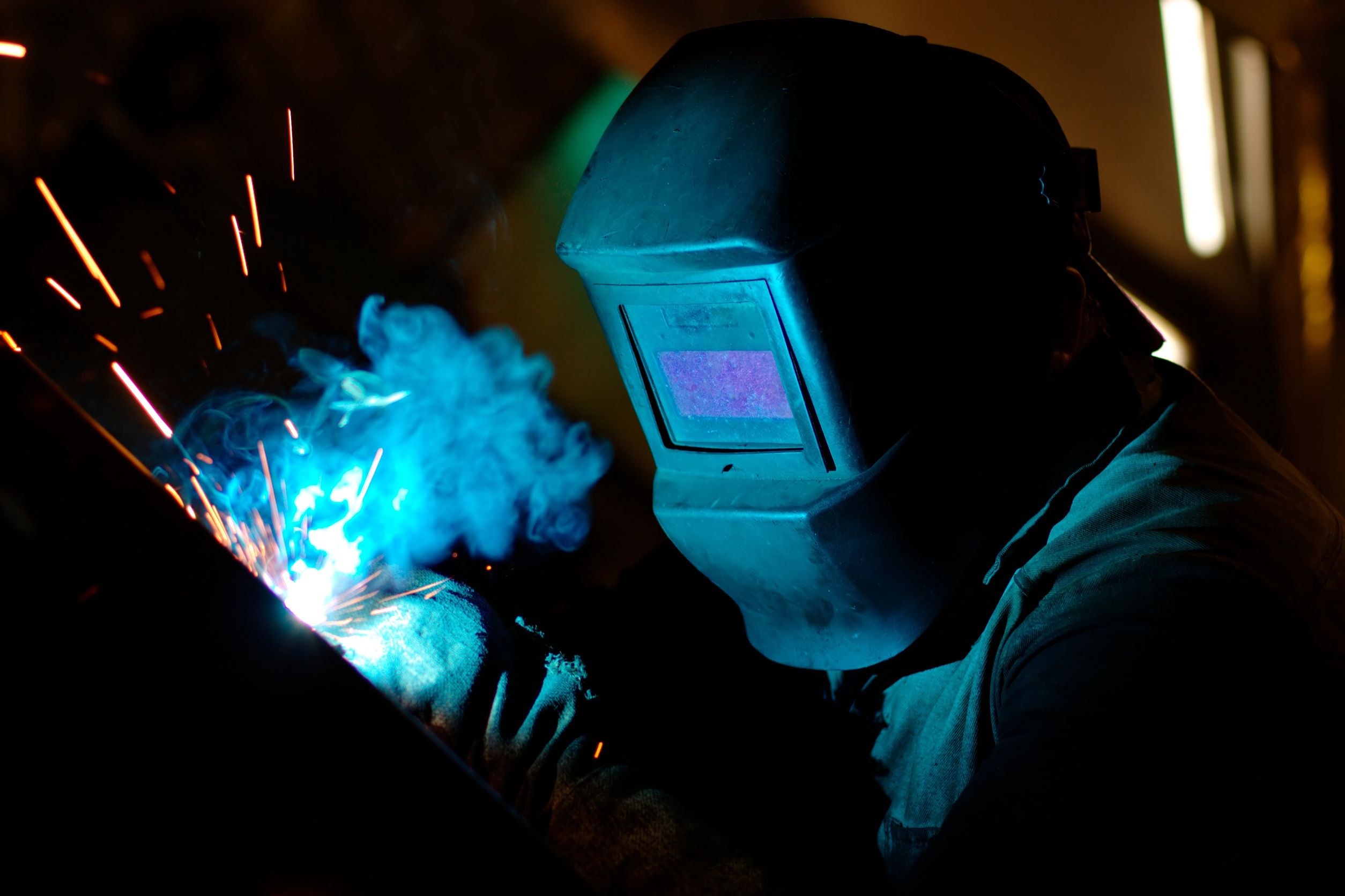Precision and reliability are important considerations for medical devices, so many manufacturers choose industrial welding. This technique gives you a high level of accuracy and many other benefits.
Durability and Strength
Welded joints are typically stronger than the materials themselves. Medical devices often undergo repeated use and sterilization, which makes durability more critical. Industrial welding creates robust bonds that can withstand wear and tear, ensuring the longevity of the devices.
Biocompatibility
Materials used in medical devices must be biocompatible. Medical device welding allows metals such as titanium and stainless steel to be joined without introducing contaminants, ensuring the devices remain safe for patient use.
Design Flexibility
Industrial welding services allow for greater flexibility in design. Whether you’re creating prototypes or producing large quantities of medical devices, welding can adapt to various scales and complexities. This flexibility helps customize devices to meet specific medical requirements.
Compliance with Standards
Medical devices must comply with strict regulatory standards. Welding processes are designed to meet these standards.
Welding specialists such as the team at Micro Weld can ensure that your devices are effective, safe, and compliant with industry regulations.
Cost Effectiveness
The long-term benefits of welding include the fact that it helps provide a cost-effective solution over time. The durability and reliability of welded joints reduce the need for repairs and replacements, resulting in significant cost savings in the long run.
In the end, welding provides high precision, durability, and flexibility for medical devices. Its ability to ensure biocompatibility and meet regulatory standards helps make it an excellent choice. Welding might be the answer if you seek a reliable, cost-effective solution for your medical devices.



